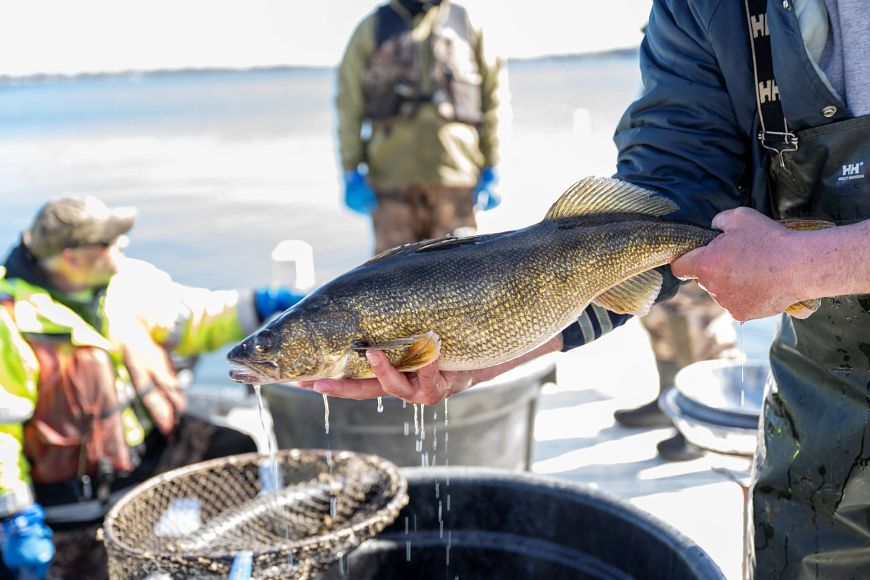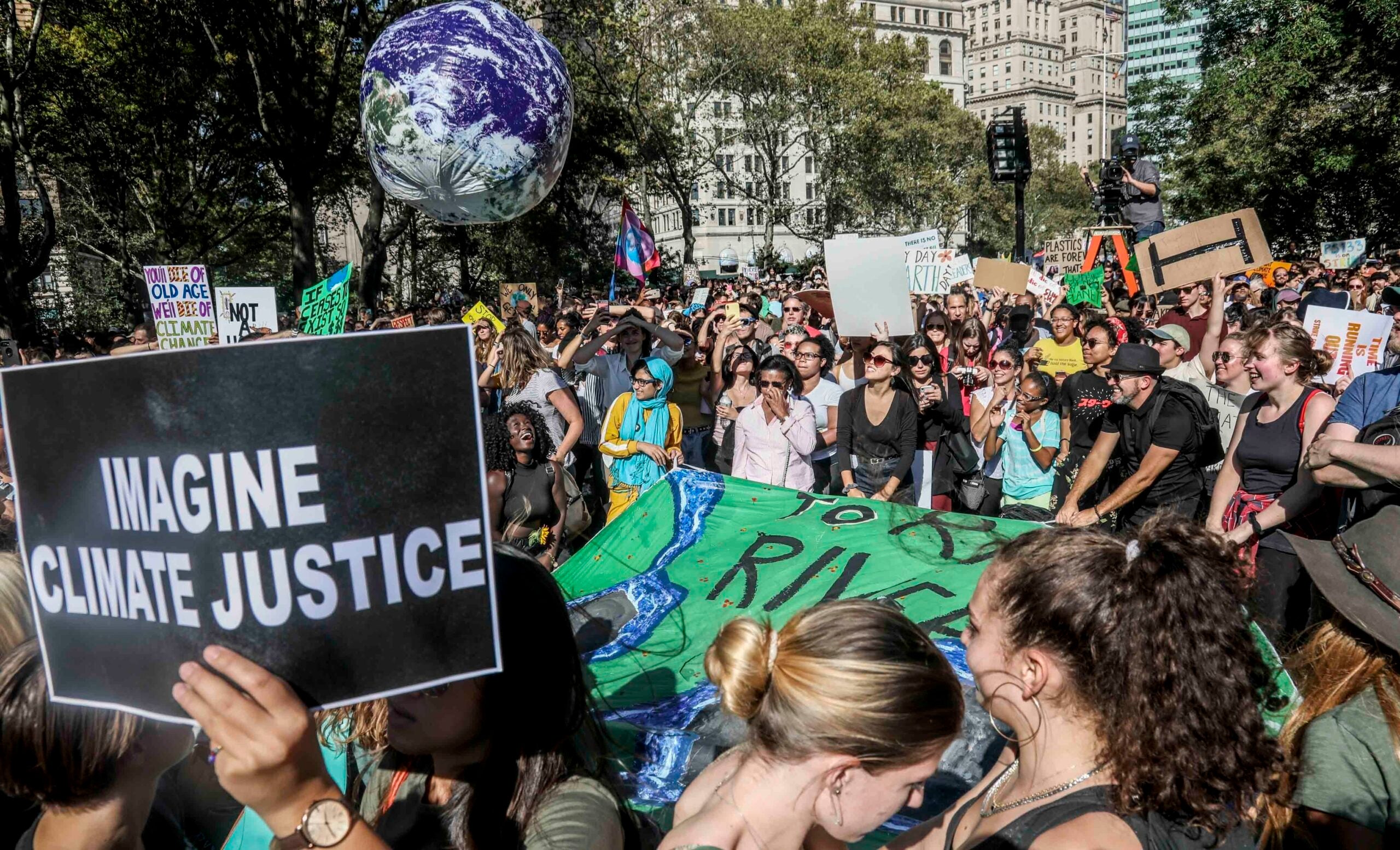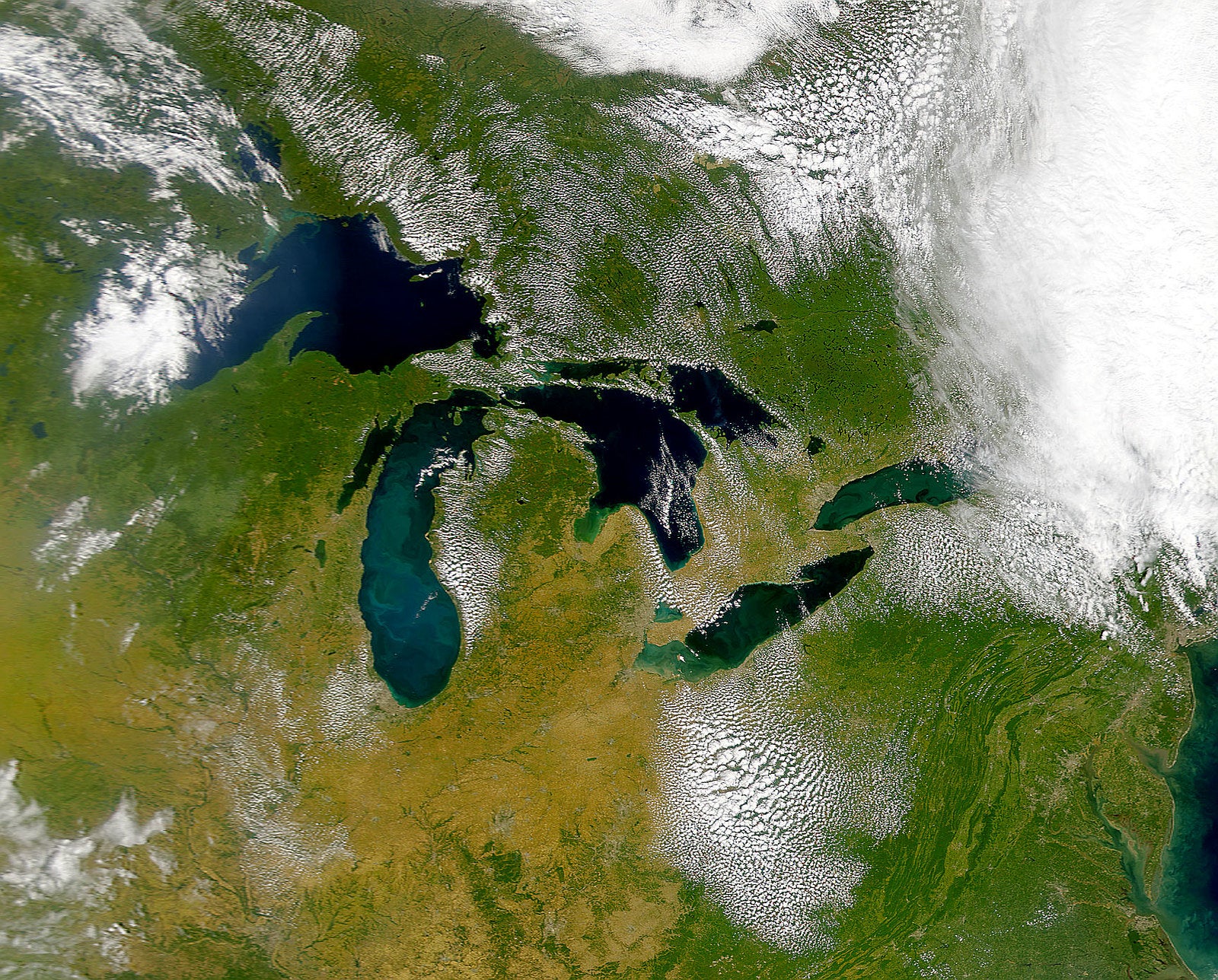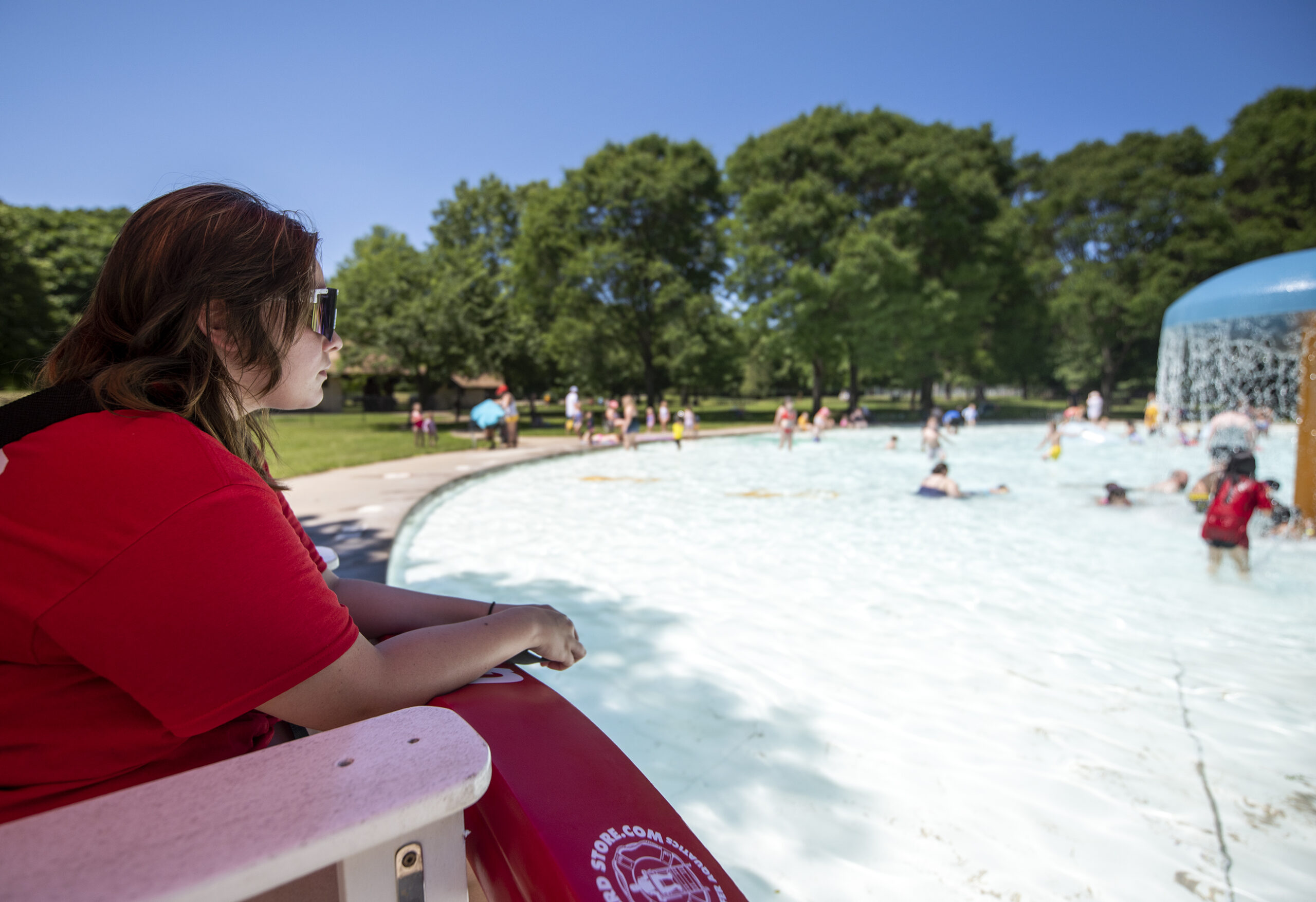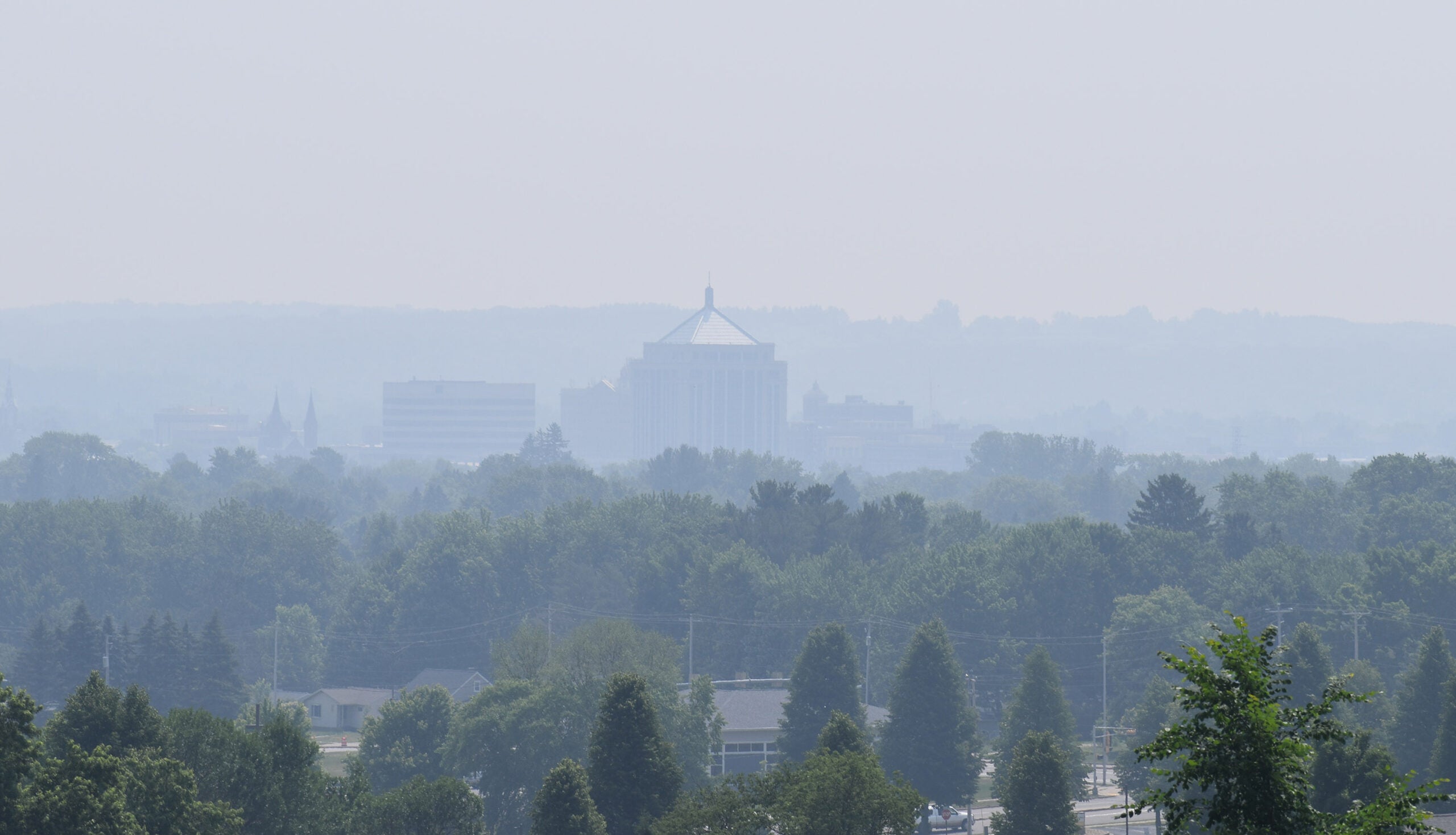After the army approved a permit for the completion of the Dakota Access Pipeline, a reporter tells us about the pipeline’s future, and tribes and environmental groups’ plans to oppose it. A Wisconsin climate scientist explains how he and his colleagues gather and assess climate change data, and what impacts we may see right here in the Badger state. It’s been a busy week in Wisconsin with contentious confirmation hearings and more. A national political reporter joins us to share the details.
Featured in this Show
-
Army Grants Permit For Dakota Access Pipeline Completion
Plans to complete the Dakota Access Pipeline are moving forward after the Army said its deputy secretary would grant the final permit needed to finish building the pipeline in a court filing yesterday. We talk to a reporter about the future of the pipeline, and how protesters and the Standing Rock Sioux tribe are responding.
-
This Week In Washington – February 8, 2017
Scott Wong, Senior Writer for The Hill, joins us on Central Time to discuss the hearing underway on President Trump’s immigration and travel ban. Then, we’ll talk about a fight brewing in the Senate between Senator Elizabeth Warren and Senate Majority Leader Mitch McConnell and cover more politics.
-
The State Of Climate Science And What It Means For Wisconsin
While climate change has become a contentious political topic, scientists in Wisconsin have been working hard to better understand the changing world. We’re joined by the Director of the Nelson Institute Center for Climatic Research to talk about how scientists gather data on climate change and what the latest numbers tell us. We also look at the potential environmental and economic threats it poses to Wisconsin.
-
UW-Madison Scientist: Climate Change Is At Wisconsin's Doorstep
The national headlines on global warming typically focus on the recent stretch of record high temperatures, the retreat of glaciers and rising sea levels. For the average Wisconsinite, those effects may feel distant, even abstract. But researchers warn climate change is already affecting everyday life in Wisconsin and future consequences could potentially be life-threatening.
Dan Vimont is a professor of atmospheric and oceanic sciences at the University of Wisconsin-Madison, as well as the director of the Nelson Institute Center for Climatic Research and co-chair of the Wisconsin Initiative on Climate Change Impacts. He said 15 of the last 16 warmest years on record have come since 2001, and a similar trend is playing out in oceanic temperatures.
Changes in Wisconsin have been pretty comparable to the rest of the world. Vimont said that over the past century or so, the global temperature has warmed by about 1.5 degrees Fahrenheit, and that’s been felt here in the badger state.
“The projection forward on climate change here in Wisconsin suggests that winter will warm more than summer, that nighttime low temperatures will warm more than daytime high temperatures,” Vimont said. “So those kinds of changes that we’ve observed are very consistent with what you might expect in anthropogenic climate change.”
But the ill effects of climate change go beyond warmer winters, which can hurt the tourism industry during the coldest months of the year. The warmer temps also mean changes to forest composition and likely fewer birch trees in the northern part of the state, less trout habitat, and perhaps most pressing, longer stretches of dangerous heat waves.
“We’ll see increased heat waves, which are the biggest cause of mortality from natural disasters in Wisconsin,” Vimont said. “More people have died from heat waves in Wisconsin than every other natural disaster combined … Heat waves are expected to triple in frequency and increase in intensity as well.”
Skeptics of climate change often attribute global warming and other effects to natural variations in weather patterns. Vimont said it’s important to notice those debates are happening on the Senate floor, in state legislatures and cable news programs.
“That debate isn’t really happening in scientific circles. And that’s a key distinction I like to make here,” Vimont said, adding that it’s “hard to argue with a thermometer.”
Episode Credits
- Rob Ferrett Host
- Kate Archer Kent Host
- Haleema Shah Producer
- J. Carlisle Larsen Producer
- Dean Knetter Producer
- Marika Suval Producer
- Ernest Scheyder Guest
- Scott Wong Guest
- Dan Vimont Guest
Wisconsin Public Radio, © Copyright 2026, Board of Regents of the University of Wisconsin System and Wisconsin Educational Communications Board.
